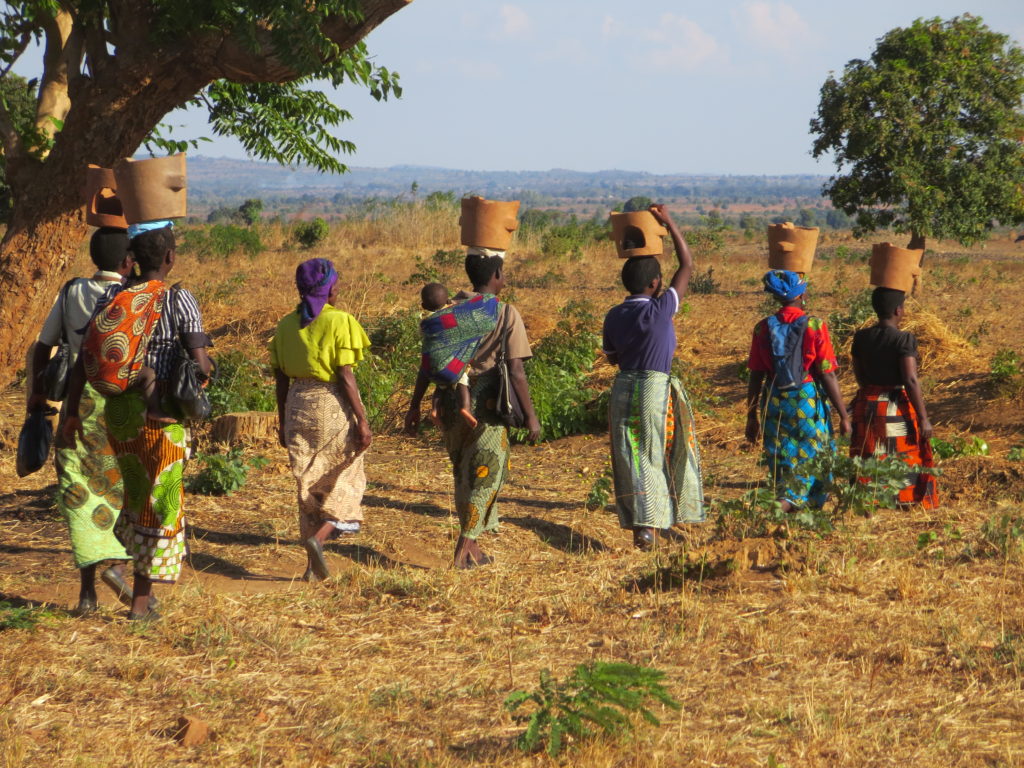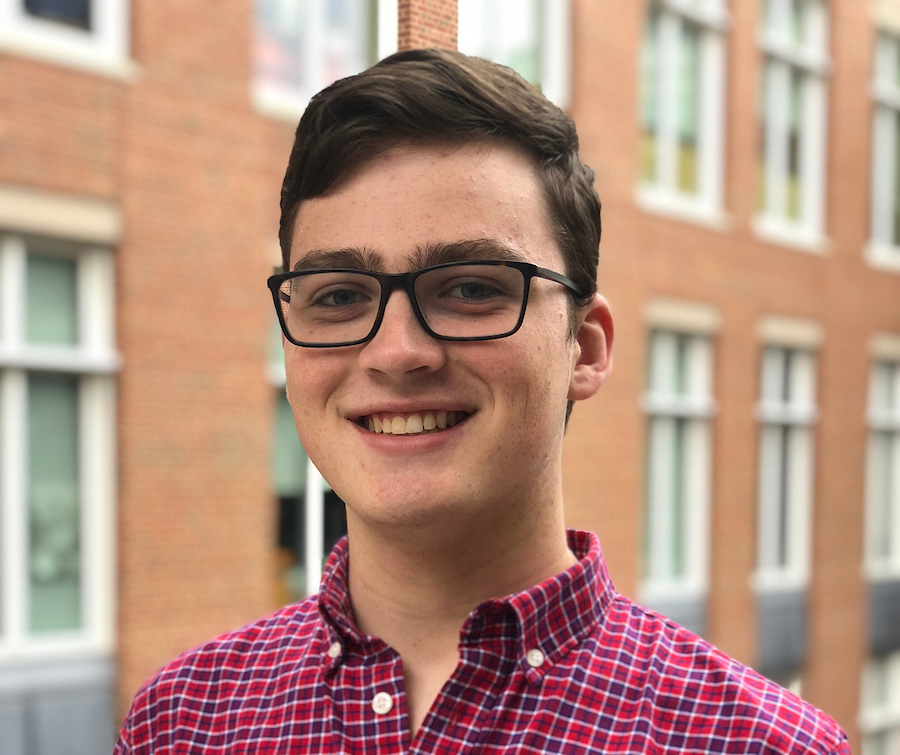
Eight Carolina faculty members, six from the College of Arts and Sciences, were honored recently for distinguishing themselves as engaged scholars through their commitment to connecting their research and teaching to real-life issues.
As part of the Faculty Engaged Scholars program, these professors further developed connections to strengthen university-community partnerships through projects like integrating refugee children into local schools and developing custom assistive technology products for people with disabilities.
“Participating in the Faculty Engaged Scholars program has heightened my awareness of critical issues that are occurring right in my own backyard,” said Patricia Garrett-Peters, a research assistant professor of psychology in the College. “Through this process, we were able to work together to imagine and create real solutions to real problems.”
The program is an initiative of the Carolina Center for Public Service and has the goal of promoting engaged scholarship at the university. The curriculum is highly interactive and experiential, involving on site-visits and discussions with other Carolina faculty members and their community partners.
“The program connected me with a network of people … These contacts have been valuable in helping me move forward in my own work,” said Richard Goldberg, research associate professor of biomedical engineering, who teaches in the College.
The first class of Faculty Engaged Scholars was selected in October 2007. At least eight new scholars enter the program every other year. To date, 34 Faculty Engaged Scholars representing 21 departments have participated in the program. The third class graduated from the program on Nov. 2.
The graduates from the College and their work
Patricia Garrett-Peters, research assistant professor of psychology, worked closely with elementary teachers to understand the barriers that face Karen refugee children from Burma who attend Chapel Hill-Carrboro City Schools. Her work also addressed the challenges the teachers of these children face. She developed an intervention model to support refugee students’ integration in the classroom, as well as professional development for the teachers. To further her project, she has applied for funding to continue to develop this intervention and make it available to school systems across the country.
Richard Goldberg, research associate professor in biomedical engineering, teaches an undergraduate senior design class in which the students develop custom assistive technology products for people with disabilities. His work as a Faculty Engaged Scholar expanded the impact of the class by developing a technology repair shop and obtaining funding through Small Business Innovation Research grants to develop commercial products from the student design projects.
Ashley Lucas is an assistant professor of dramatic art with an interest in prison-related theater and theater for social change. Through the program, she extended her work with prisoners and their families through performance, community engagement and scholarship. She toured her one-woman play “Doin’ Time: Through the Visiting Glass” to prisons, attended the 2011 Prisoners’ Family Conference and helped draft a Bill of Rights for the Prison Family.
Malinda Maynor Lowery is an assistant professor of history and a member of the Lumbee Tribe of North Carolina. Through the program, she returned to her home Lumbee community in Robeson County, N.C., and researched ways to further artistic expression, oral history and family photographs through social media and the digital humanities.
Laurie Maffly-Kipp, professor of religious studies, worked to educate various communities about religious diversity and to encourage and facilitate more open dialogue of religious differences. Her work as a Faculty Engaged Scholar ranged from leading seminars for high school teachers around the nation to writing articles on Mormonism for the New York Times and the Congressional Quarterly. She also leads talks for audiences seeking to better understand the nature of religious faith in American political life.
Della Pollock is a professor in the department of communication studies and currently serves as the executive director of the Marian Cheek Jackson Center for Saving and Making History. Her project focused on the formerly-segregated Northside community in Chapel Hill, working to preserve and honor the oral history of community members through recorded oral history interviews. She also worked to advance a historic moratorium on development in Northside, fostered partnerships to design strategies for neighborhood renewal and developed the award-winning youth radio program FYR through the Jackson Center.



